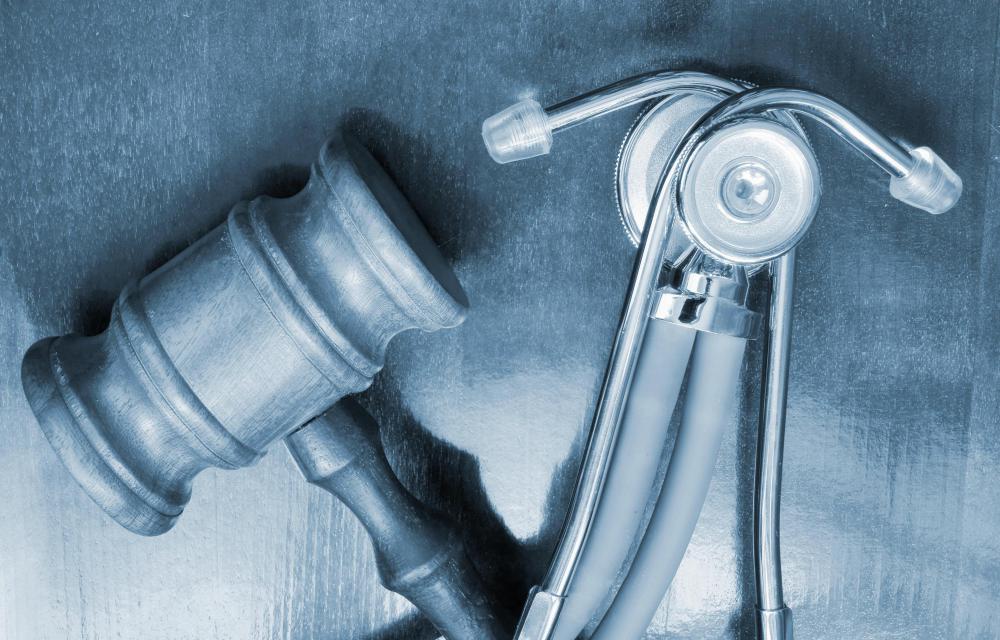At WiseGEEK, we're committed to delivering accurate, trustworthy information. Our expert-authored content is rigorously fact-checked and sourced from credible authorities. Discover how we uphold the highest standards in providing you with reliable knowledge.
What is Medical Battery?
Medical battery can be defined as an intentional act on the part of the caregiver to fail to respect a patient's advance directive. Advance directives may include living wills but might also refer simply to the wish to limit or direct medical attention or procedures that might be currently relevant, or become relevant at a later time if illness or injury should occur. This protects the right of a person to decide what is done to and with his or her own body, including the right to refuse care, or insist on care, in the event of coma or other disability that precludes effective communication.
As indicated by the name, advance directives must be made in advance of the care given and in writing. It is incumbent upon health care facilities, including nursing homes and hospitals, to inform patients of their rights under state law and provide forms for advance directives upon being admitted to a hospital. They can be obtained at any time, however, and submitted to your health care facility as a matter of precaution. Failure to respect the directives, even when that failure serves to benefit the patient, constitutes medical battery and may justify monetary claims.

Since it is impossible to account for every type of circumstance in an advance directive, one can also file a durable power of attorney (DPA) along with the advance directive, or in lieu of it. The DPA appoints a family member, friend, or other trusted party to make medical decisions for you, should you become incapacitated. An advance directive along with a DPA will relieve some of the burden from family or friends who might have to make decisions for you.

If an advance directive, living will or some other form of written directive does not exist and a patient is unable to make his or her own medical decisions, the spouse is entrusted as the healthcare proxy. If no spouse exists, the closest relative becomes the proxy. However, without a written directive, decisions may be challenged by loved ones and even by outside parties, as seen in the highly publicized Terri Schiavo case of 2005.
Laws surrounding advance directives, DPAs and living wills vary between states. If you wish to look into any of these documents, please contact your local hospital, HMO or other healthcare provider.
Medical battery is also subject to state laws and this informational article should not be construed as legal advice. If you feel you have been a victim check with a lawyer that specializes in medical law in your area. Many firms offer free consultations in order to assess the viability of a case.
Medical battery differs from medical malpractice as the latter involves negligence that results in harm. No injury or negligence is necessary to find medical battery. Medical battery is a violation of the patient's rights to direct his or her own care, rather than a finding of inadequate care.
AS FEATURED ON:
AS FEATURED ON:












Discuss this Article
Post your comments